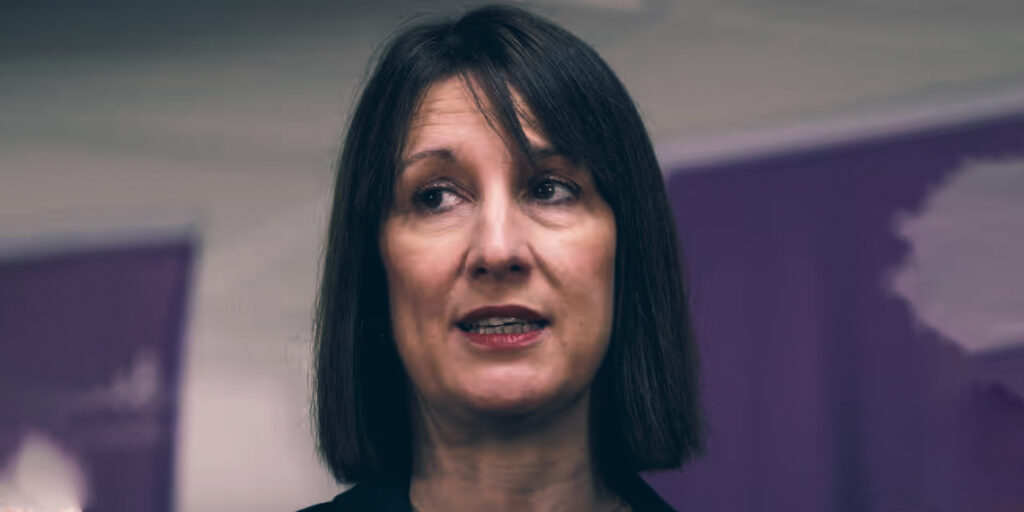The pound has plunged to a 14-month low against the US dollar, falling to $1.226, as a sell-off in UK bonds heightens investor concerns about the country’s economic stability. The market turmoil has increased pressure on Chancellor Rachel Reeves, who has vowed to maintain an “iron grip” on public finances.
Pound Weakens Amid Bond Market Turmoil
The ongoing sell-off in the bond market has pushed UK borrowing costs to their highest levels in over a decade. On Thursday morning, yields on 10-year UK government bonds hit 4.921%, the highest since 2008, while 30-year bond yields reached 5.474%, approaching a 28-year peak.
Michael Brown, senior research strategist at Pepperstone, warned that the bond yield surge paired with sterling’s fall signals a loss of confidence in the UK government’s fiscal management. Comparing the situation to past financial crises, Brown said, “We’re not at the Truss/Kwarteng stage just yet, but things are clearly on very shaky ground indeed.”
Sterling Confidence Takes a Hit
Sterling’s decline comes after months of relative strength as investors used it to hedge against a strong US dollar. However, Chris Turner, global head of markets at ING, noted that the UK bond sell-off has eroded confidence in sterling. “The gilt spread widening prompted investors to cut back on overweight sterling positioning,” he said.
Despite the recent losses, the pound remains above the record low it reached after the mini-budget disaster of 2022, which nearly brought the currency to parity with the dollar. However, former Bank of England policymaker Martin Weale likened today’s crisis to the economic upheaval of 1976, when the Labour government sought an International Monetary Fund bailout.
Businesses Brace for Economic Strain
In addition to currency concerns, UK businesses are preparing for the impact of higher employers’ national insurance contributions (NICs), set to take effect in April. A Bank of England survey revealed that 54% of firms plan to raise prices, while 53% anticipate reducing employment. More than 60% expect to absorb the additional costs by lowering profit margins.
The combination of higher borrowing costs, currency volatility, and tighter fiscal policies has left markets on edge. Reeves has responded to criticism by reiterating her commitment to fiscal responsibility, but analysts warn that continued market instability could further erode confidence in UK assets.


